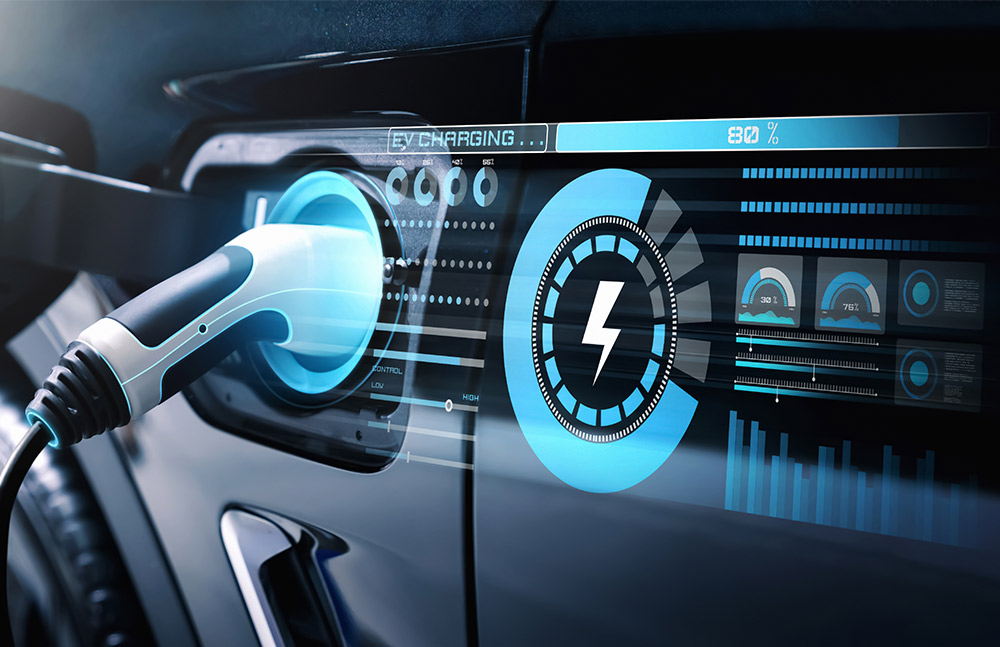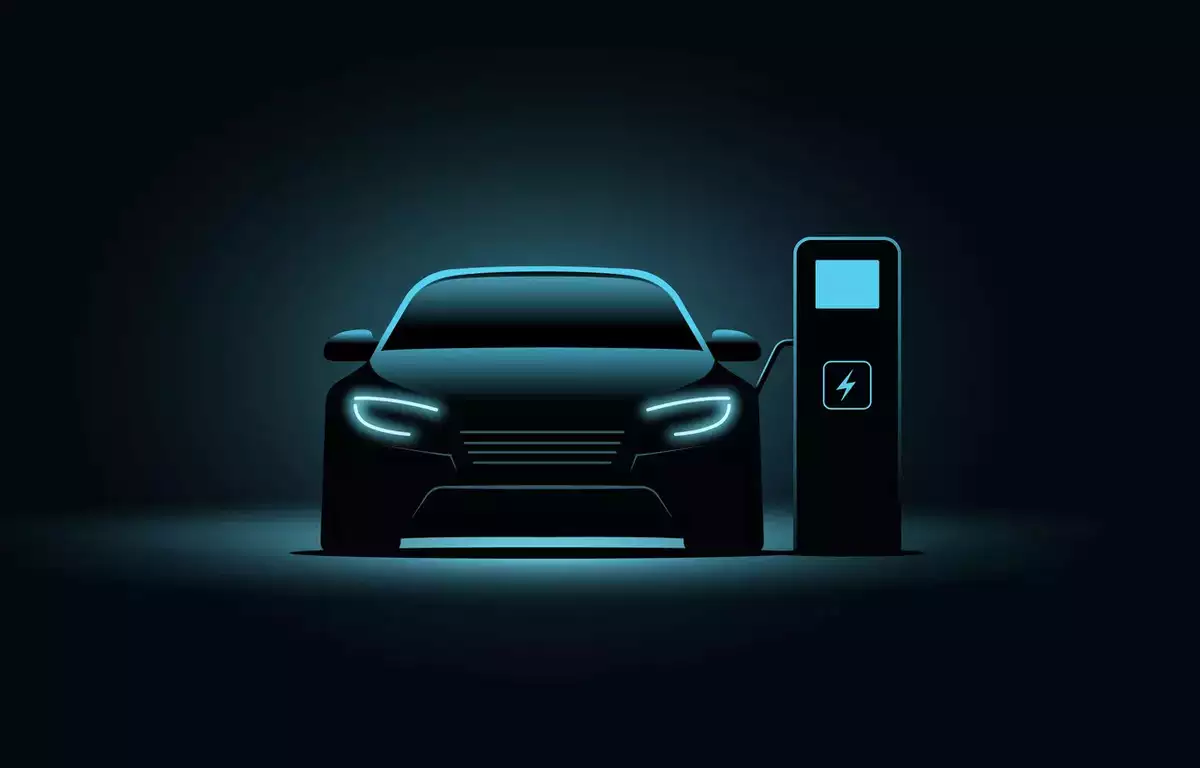
Table of Content
▼Emobi has partnered with Honda Power Pack Energy India (HEID) and Musashi to develop and launch a high-performance last-mile delivery vehicle, aiming to enhance the penetration of electric vehicles in this sector. Bharath Rao, Founder and CEO of Emobi, shared the company's vision on global sustainability and the future of last mile delivery. Rao highlighted Emobi's focus on building core capabilities for the Indian market. "Emobi has focused on developing core capabilities in key subsystems and areas needed for electric vehicles, including interior design, engineering and prototyping," he said. "This approach allows Emobi to create vehicles tailored to the unique needs of Indian roads and consumers, with a focus on the reliability and durability of the growing last-mile delivery market."
Revolutionising Last-Mile Delivery and Global Sustainability
Through partnerships with battery swapping companies and proven powertrain suppliers, Emobi aims to provide robust, reliable and cost-effective products to last mile delivery fleets. The company's strong R&D capabilities enable better fleet management by providing critical parameters to fleet operators.
Emobi's sustainability vision includes electric vehicles increasingly powered by renewable energy and incorporating recycling strategies for all vehicle materials to promote a circular economy. This commitment to sustainability is reflected in all of Emobi's product offerings.
Emobi's recent partnerships with HEID and Musashi aim to launch a high-performance last-mile delivery vehicle. The collaboration with HEID introduces battery swapping technology, reducing range anxiety and charge times for customers. Musashi's powertrain offers better performance and reliability compared to existing products in the B2B and B2C categories.
Rao stressed on HEID's role in the partnership that includes battery supply as an integrated service in Emobi vehicles. "Musashi contributes its powertrain technology, improving vehicle performance and reliability."
Emobi is currently conducting long-term testing of its automotive products to meet the aspirations of Indian consumers. Future strategies include close integration between renewable energy sources and electric vehicles.
.jpg)
"The company's core value lies in offering localised products that are easy to assemble, perform well and come with comprehensive after-sales services. These products significantly reduce the downtime of vehicles, thereby increasing the earning potential for both individual passengers as well as for fleet operators. He added.
Market strategies and battery technologies
The founder of Emobi told about the company's market strategy. “Emobi's market strategy focuses on launching products through a local supply chain and partnerships with trusted component suppliers,” Rao said. “Currently, the company is targeting the last-mile B2B delivery market using electric two-wheelers on battery technology. “It is towards fast-charging cells, which allow the deployment of smaller battery packs with faster charging capabilities.”
Despite the global slowdown in EV adoption, Emobi believes that the value-based Indian consumer market will continue to adopt EV products that offer the right combination of value, performance and reliability.
Through strategic partnerships and commitment to sustainability and localization, Emobi is poised to play an important role in driving the adoption of electric vehicles in the last mile delivery segment in India.
Challenges in Electric Vehicle Adoption
While highlighted the company's market strategies, Rao also mentioned some of the future challenges. "Despite significant investments and growth prospects for the electric vehicle sector, Emobi has observed challenges such as initial dependence on imported products that are not suitable for the Indian infrastructure. However, there is a growing preference for products designed locally, which has led to market consolidation among the main manufacturers," he stated."
Mehul Jain
EV Specialist & Clean Mobility Advocate. Mehul Jain is an expert in India’s evolving electric vehicle ecosystem, with a focus on EVs, charging infrastructure, and sustainable mobility. His articles cover everything from government subsidies to range insights, helping readers navigate the shift to cleaner transportation.
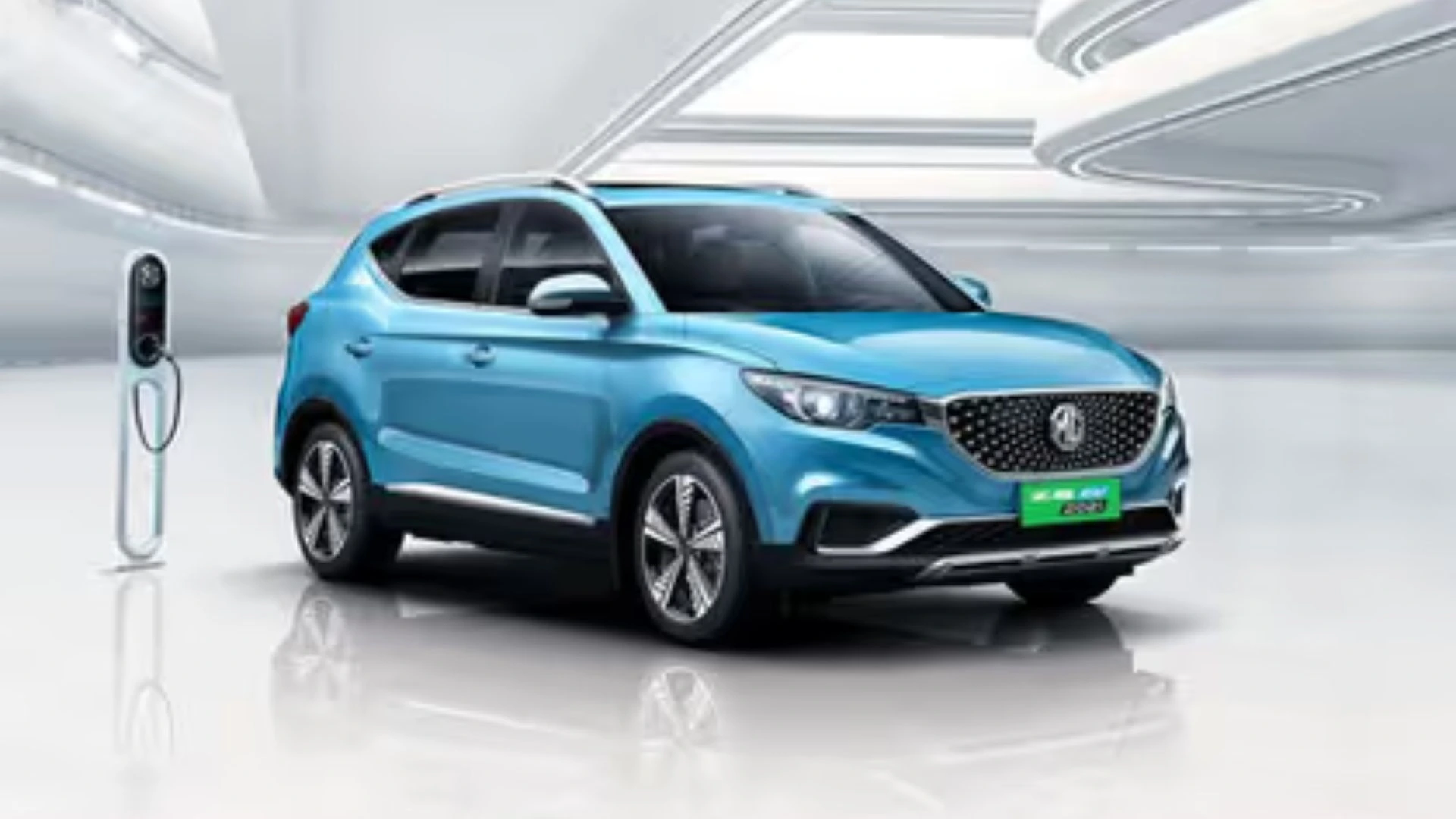
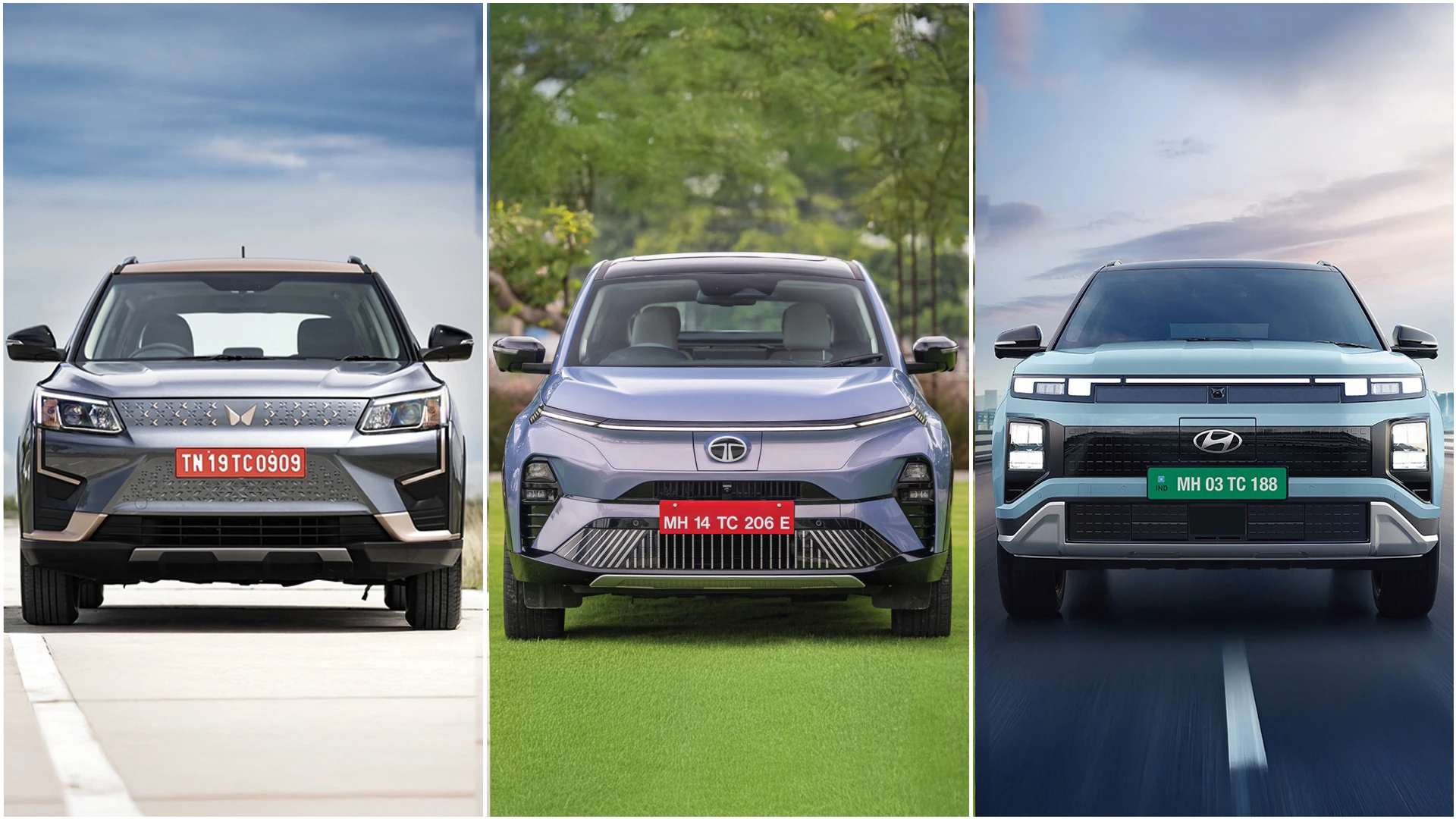
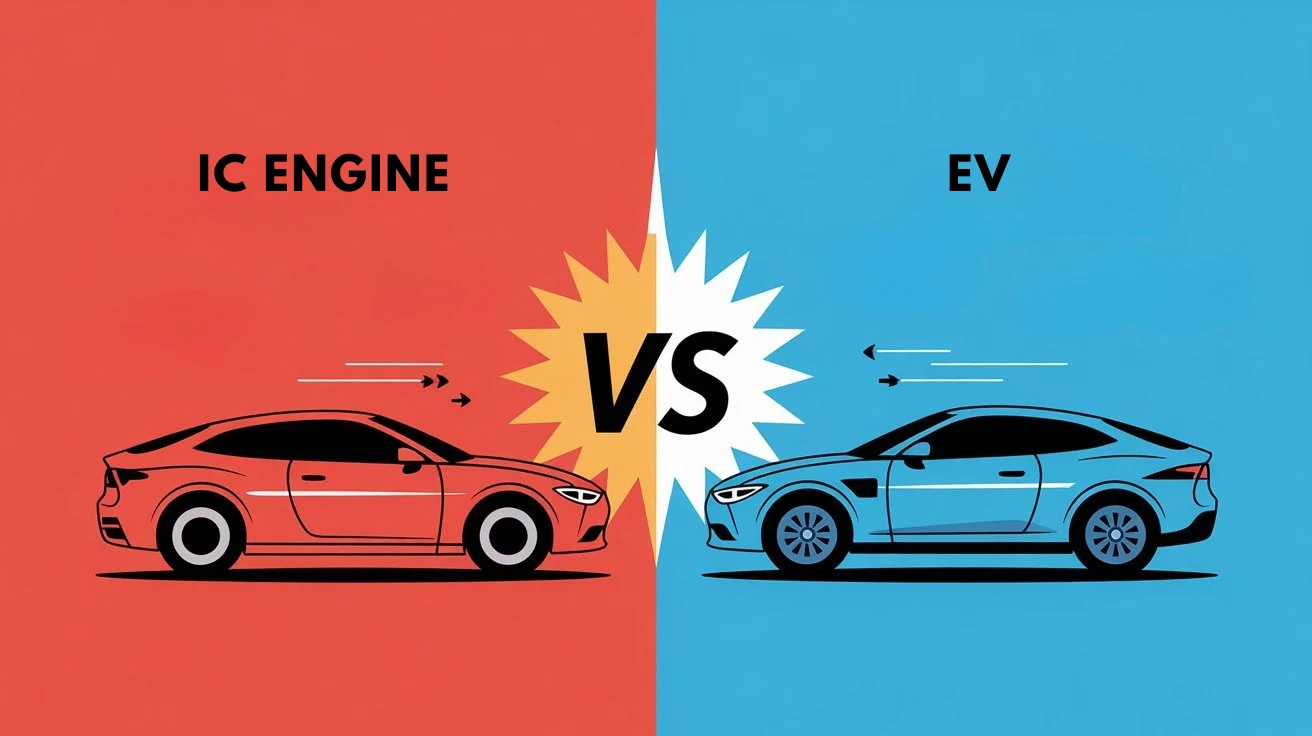
_1770886465.webp)
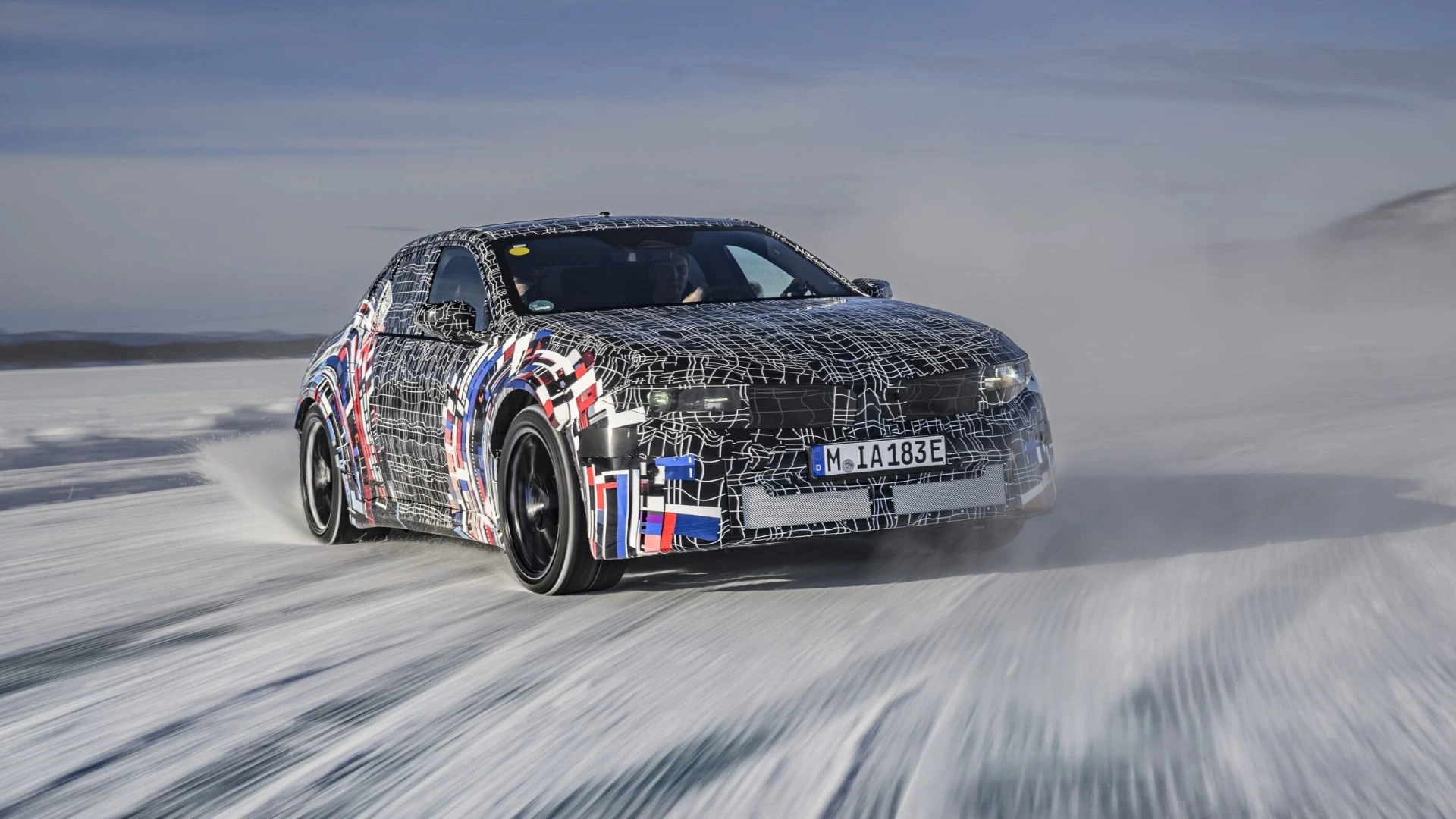
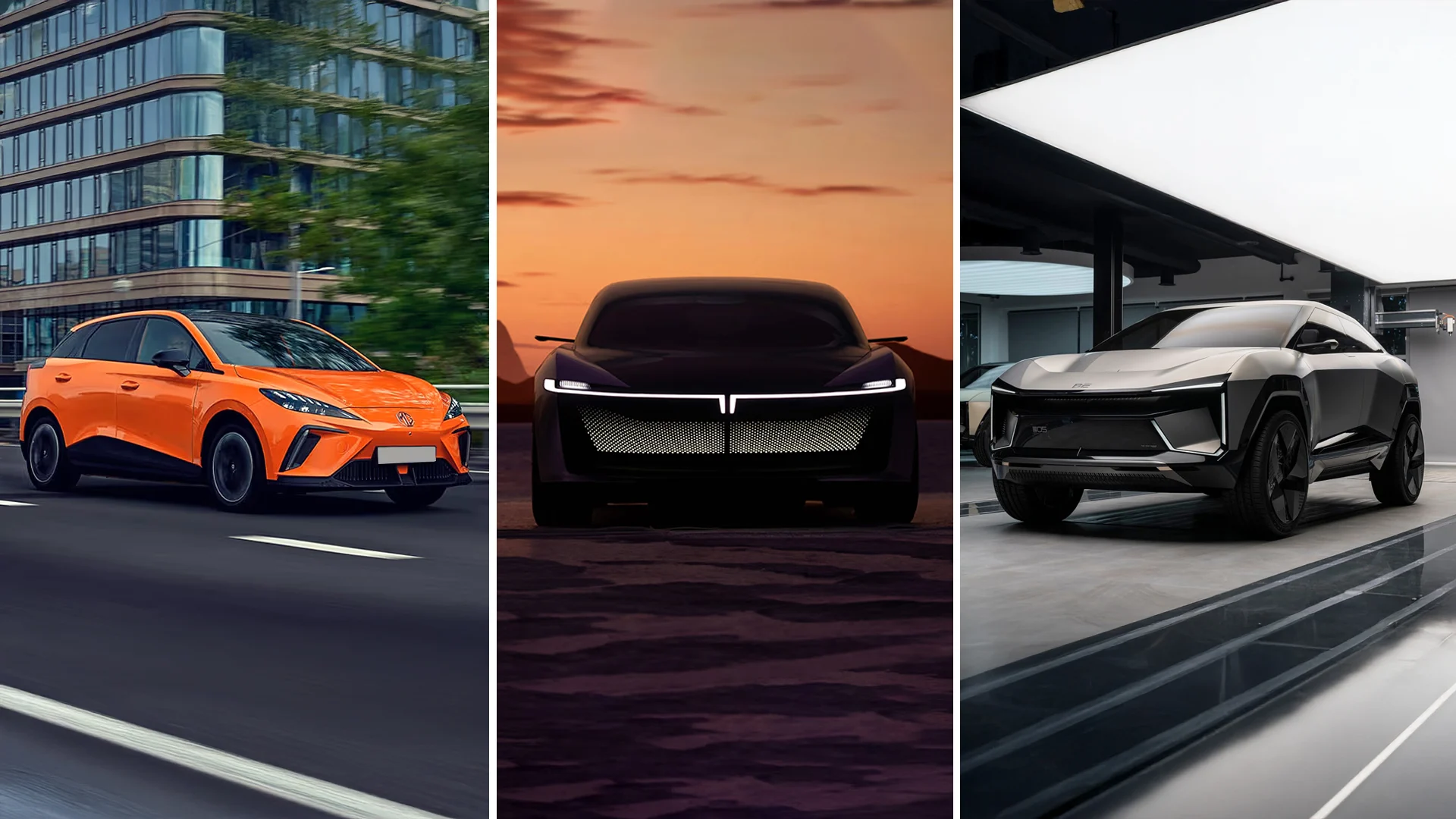
_1716799620.webp)

